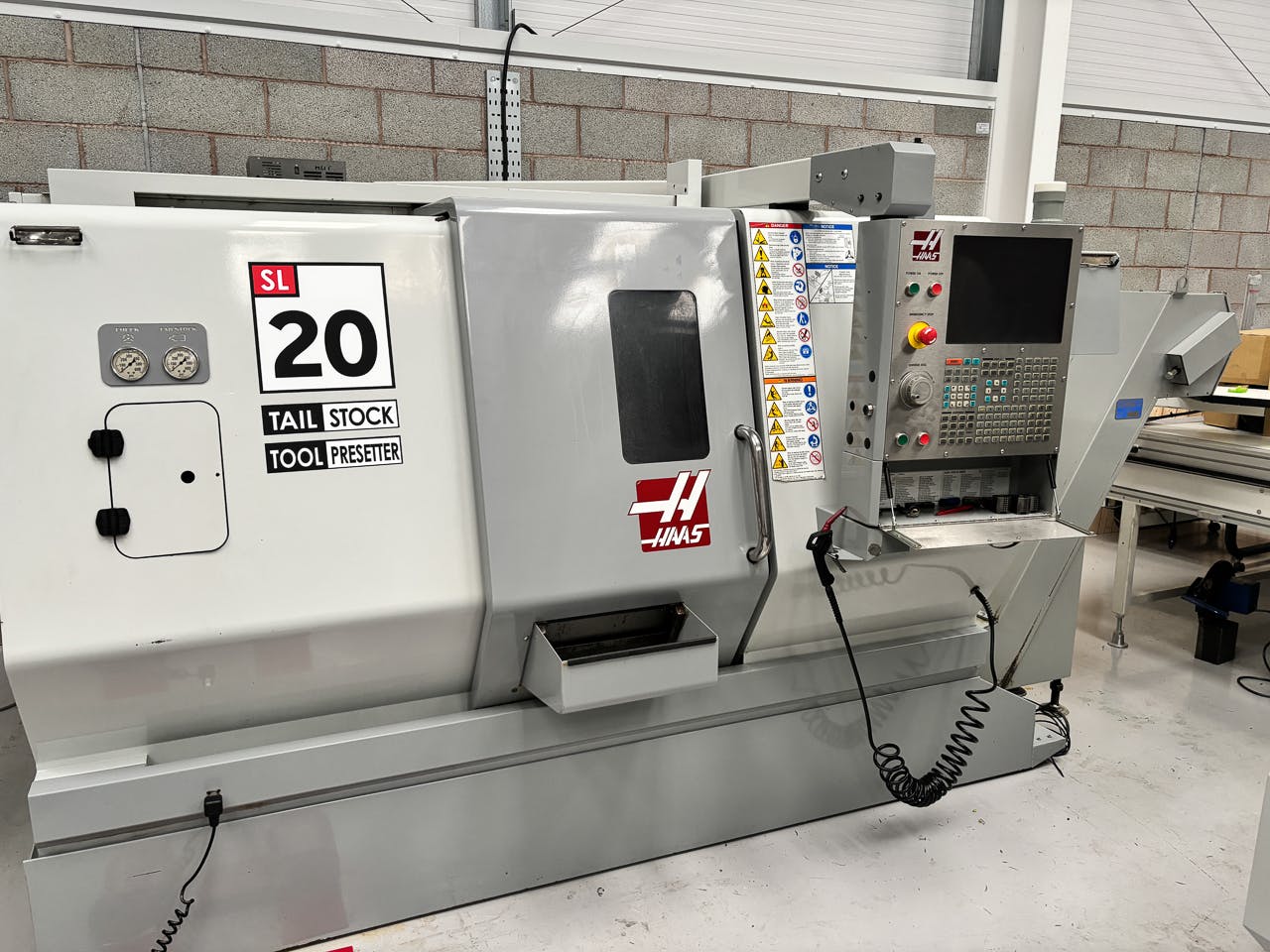Global financial unease, fueled by persistent inflationary pressures and a series of complex geopolitical events, has made long-term planning a significant challenge for businesses of all sizes. The ongoing conflict in Ukraine, coupled with heightened tensions in the Middle East and shifting trade policies, has had a domino effect, leading to unpredictable supply chain disruptions and a cautious investment climate.
In this environment of heightened uncertainty, the traditional model of business is being re-evaluated. Companies are no longer just focused on growth; they are focused on resilience, agility, and cost-effectiveness. This means recalibrating physical footprints and operational strategies to become leaner, more efficient, and better prepared for whatever lies ahead. For many, this strategic "right-sizing" involves selling off surplus or under-utilised machinery.
The Perils of Public Auctions in a Volatile Market
For a business navigating these tricky waters, a public auction can sometimes feel like a desperate move. A large-scale public sale might be misinterpreted as a sign of financial distress or business failure by competitors, suppliers, and even employees. This kind of public fanfare can be a significant drawback for a company that is simply making smart, proactive adjustments.
Private Treaty: A Strategic Tool for Agility, Not Desperation
This is where a private treaty sale shines as a strategic tool. It's not about being desperate; it's about being in complete control. Here's why it's the perfect choice for companies looking to strategically downsize:
- Discretion: A private treaty sale is a confidential transaction. The details of the sale, from the assets being sold to the final price, are kept private. This allows a business to shed assets without revealing sensitive information to the market, protecting its reputation and strategic position.
- Targeted Reach: Unlike a public auction that casts a wide net, a private treaty sale allows us to target a very specific group of potential buyers who are most likely to value your unique equipment. This direct approach often leads to a better price and a more efficient sale.
- Negotiation Power: You maintain complete control over the negotiation process. There's no pressure of a bidding war. You can discuss price, payment terms, and logistics with a serious buyer, ensuring the final deal meets your specific needs. It’s a considered conversation, not a race against the clock.
In a volatile economic environment, the ability to adapt is a key competitive advantage. By using a private treaty sale to right-size your operations, you’re not only making a smart financial decision but a strategic one. You’re optimising your assets, freeing up capital, and preparing for future growth, all while maintaining the discretion and control your business deserves.
